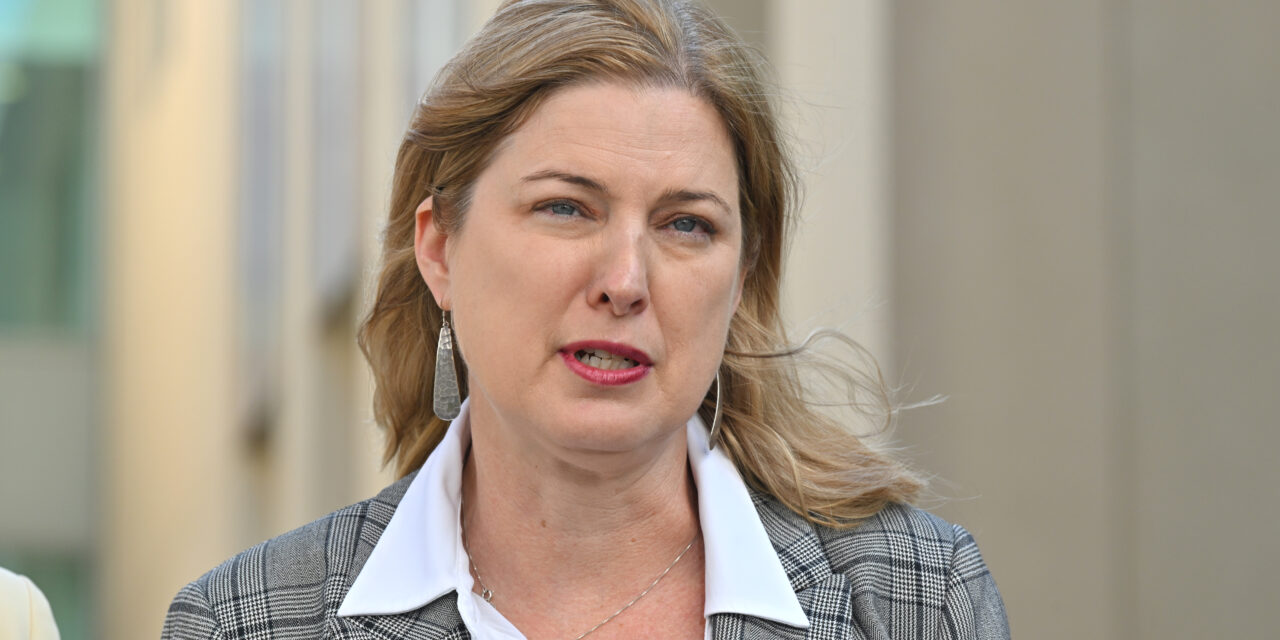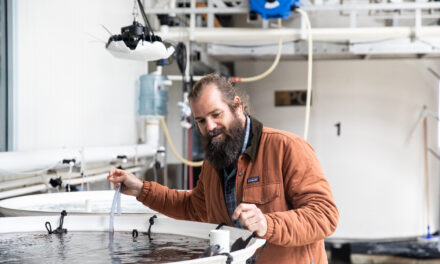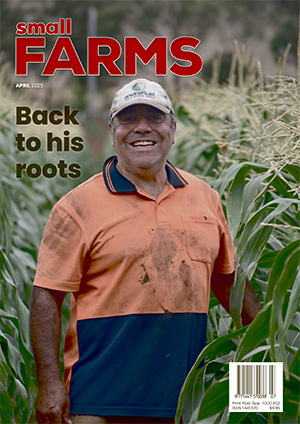The Federal Government has pledged to focus on securing Australia’s food future if Labor is re-elected.
The government in March announced a $3.5 million commitment to develop Feeding Australia to boost the security and supply chain resilience of agriculture and food production systems in Australia.
The strategy would include establishing a National Food Council, comprising industry and community experts, to advise on its development.
While Australia produces enough food to feed more than twice its own population, it is exposed to global supply and demand pressures, climate change and other risks.
Agriculture Minister Julie Collins said a re-elected Labor government would protect and strengthen Australia’s food security for the benefit of our farmers and all Australians, as well as the trading partners who rely on our produce.
“Australia has an impressive record in agriculture, feeding millions of people both here and abroad, but we can’t afford to be complacent,” Ms Collins said.
“When our food and supply chains are secure, it reduces financial strain on households, helping all Australians.
“I’m excited to see the final strategy and work towards a stronger and more robust and resilient food system.”
The Australian Conservation Foundation welcomed the commitment, but it said any plan must deliver food systems that work for people, nature and the climate.
“A national food strategy is needed so future generations of Australians have access to food that is affordable and nutritious, that keeps family farms viable and operates within nature’s limits,” ACF’s business and nature lead Nathaniel Pelle said.
“Any national strategy should prioritise ways to properly reward famers who protect and restore nature on their farms while producing food.”
Mr Pelle said a food council should include scientists and community stakeholder perspectives and must consider how agriculture and nature could work together.
“Protecting nature on farmland is good for the environment and farmers’ hip pockets,” Mr Pelle said.
“Farmers manage more than half of the Australian land mass, meaning no sector has a bigger opportunity than producers to contribute to the mission to halt and reverse biodiversity destruction.
“Every sector of the economy is dependent on nature to varying degrees and in different ways, but no industry is more dependent on nature being in good health than agriculture.
“Most farmers recognise the value of nature to the success of their farms, but the state of agriculture in Australia is not sustainable.
“The CSIRO has found Australia will need to transform its farming systems if it is to be sustainable — stay within nature’s limits — productive and profitable.”
Farmers for Climate Action, which represents more than 8400 farmer members, was encouraged by plans for an independent National Food Council.
FCA chief executive Natalie Collard said the plan to work with farmers and industry experts, while addressing the growing impact of droughts, fires, and floods worsened by climate change, was to be applauded.
“Food security is national security,” Ms Collard said.
“Farmers grow our food and farmers need a stable climate. A strategy that incorporates practical, science-backed solutions — including support for regenerative and climate-smart agriculture — is a great start.
“A focus on greater food supply, stronger food security and sustainable agriculture will help safeguard farmers’ livelihoods and provide greater certainty for consumers.”
Plan to secure food future








